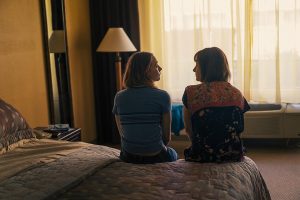
“Lady Bird” and the paradoxes of maturity
With the Oscars all handed out, it’s just about time to bid 2017 film year adieu.

With the Oscars all handed out, it’s just about time to bid 2017 film year adieu.

How does one even begin to talk about “Black Panther”? The question has been turning over in my head since I saw the movie in a packed theatre last week.
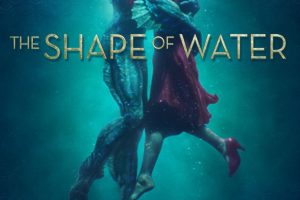
“The Shape of Water” features a beautiful original score but the most significant musical motif of the film is found in the past.
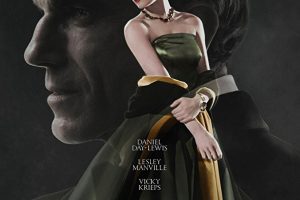
Although we’re well into the second month of 2018, the film world at large is still experiencing arrested development.
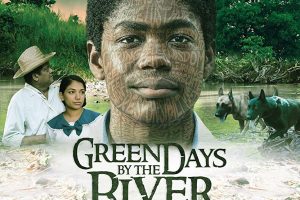
As much as Michael Anthony’s “Green Days by the River” has turned into a symbolic text of colonial life in Trinidad and Tobago, the story will always depend more on its value as a coming-of-age tale more than anything else.

Steven Spielberg’s recently released film “The Post” is a very particular kind of “culturally relevant message film.”

There is a key scene in “Darkest Hour” that will either make or break the film for viewers.

There’s something paradoxical about a 21st century film musical and even more so about “The Greatest Showman,” which is not the best or worst representation of what musicals are in 2017.
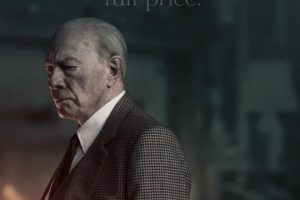
“All the Money in the World,” the recent Ridley Scott drama, is perhaps the darkest film I’ve seen from 2017.
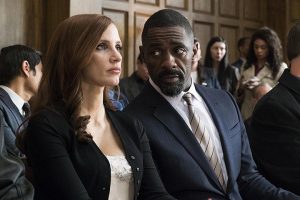
I went into “Molly’s Game” knowing much nothing about it beyond the fact that it was written by directed by Aaron Sorkin, in his directorial debut, and that it starred Jessica Chastain and Idris Elba.

Last week’s column on “A Ghost Story” had me thinking about representations of loneliness on screen.

Who invented the bedsheet ghost? The image of a ghost marked by donning a white sheet with holes for eyes is a classic and familiar concept.
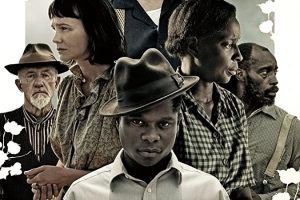
“Mudbound” is a film that will be sold on its relevance.
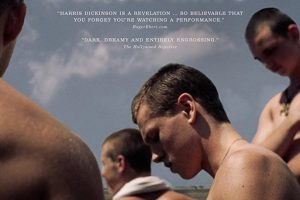
“Beach Rats,” the winner of the best director award at this year’s Sundance film festival, is a filmic bildungsroman.

I made the potentially problematic decision, to screen Sidney Lumet’s 1974 adaptation of “Murder on the Orient Express” a few days after watching the recent 2017 Kenneth Branagh directed version.
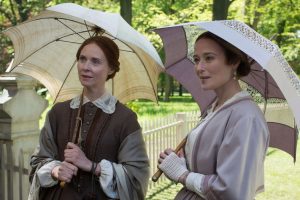
Terence Davies has never met an opportunity for a tableau vivant he did not like.
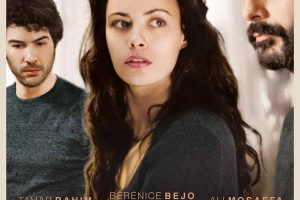
“The Past” opens at an airport. We watch a reunion between two people.
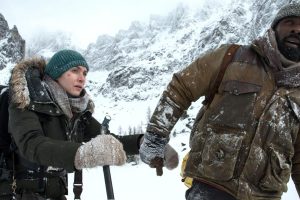
“The Mountain Between Us” is a film that ends up just where you expect it to.
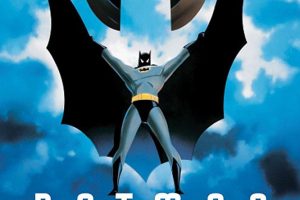
I have often had the argument with myself, and with others, about what should be expected from purported film “genres.”

There’s a scene in Jane Campion’s “Bright Star” that I use very often when discussing art and our relationship with it.
The ePaper edition, on the Web & in stores for Android, iPhone & iPad.
Included free with your web subscription. Learn more.